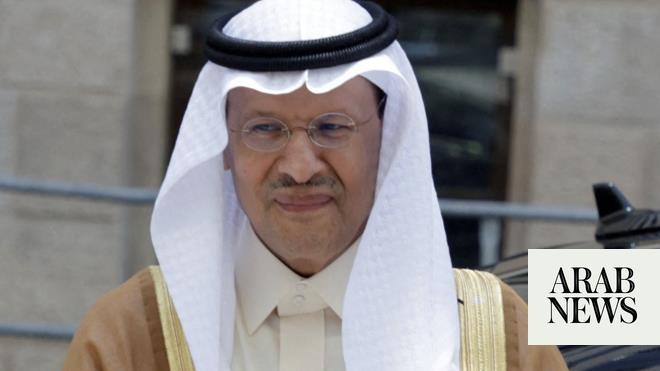
Economic policymakers in the Organization of the Petroleum Exporting Countries (OPEC) are most concerned about the drop in oil prices this year, which is likely to decline if the OPEC and non-OPEC members (known as OPEC plus) decide to raise their production two weeks from now.
Notably, OPEC plus refers to OPEC’s cooperation with non-OPEC oil producers to affect production cuts.
However, will prices fall? And will this agreement end?
It seems that the cut-off deal is on its way to end this month although OPEC members have a strong desire to extend it until the end of the year.
There is plenty of evidence suggesting that the agreement may end, yet this will not be certain until the end of the meeting on June 23.
The first evidence is that Russians are pushing hard to raise their production and stop the agreement as it is clear from the statements of heads of Russian oil companies, such as Gazprom Neft or Rosneft.
They stated in the last two weeks that the production of Russian companies should increase after the oil market showed a balance and a significant decline in stocks.
Most major Russian oil companies also support increased crude production as prices hit $80 per barrel last month. Oil is currently traded at more than $76 per barrel.
OPEC and non-OPEC ministers will meet in Vienna on June 22-23 to discuss the future of the deal, which is valid until the end of the year.
Although Russian politicians have not publicly stated this, Russian President Vladimir Putin told senior world news editors in St. Petersburg late last month that Russias agreement with OPEC was not to last forever, and that Russia sees the oil market now balanced. Putin also said a price of $60 “suits” his country.
Russia and OPEC leader Saudi Arabia have signaled there could be a need to gradually boost production to prevent any supply shortages.
Russian oil output was stagnant at 10.97 million bpd for the third month in a row in May.
Meanwhile, Russian news agency Interfax reported on Saturday that Russias oil production had risen to 11.1 million bpd in early June, above its target production of under 11 million bpd as part of the deal.
The country agreed to cut its production by 300,000 bpd from 11.24 million bpd as part of a global pact. The Russian Energy Ministry did not immediately respond to a request for comment.
Interfax said Russian oil production stood on average at 1.51 million tons per day in the first week of the month and never got below 1.51 million tons.











